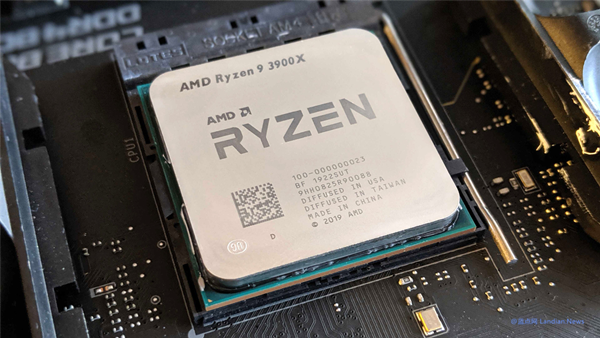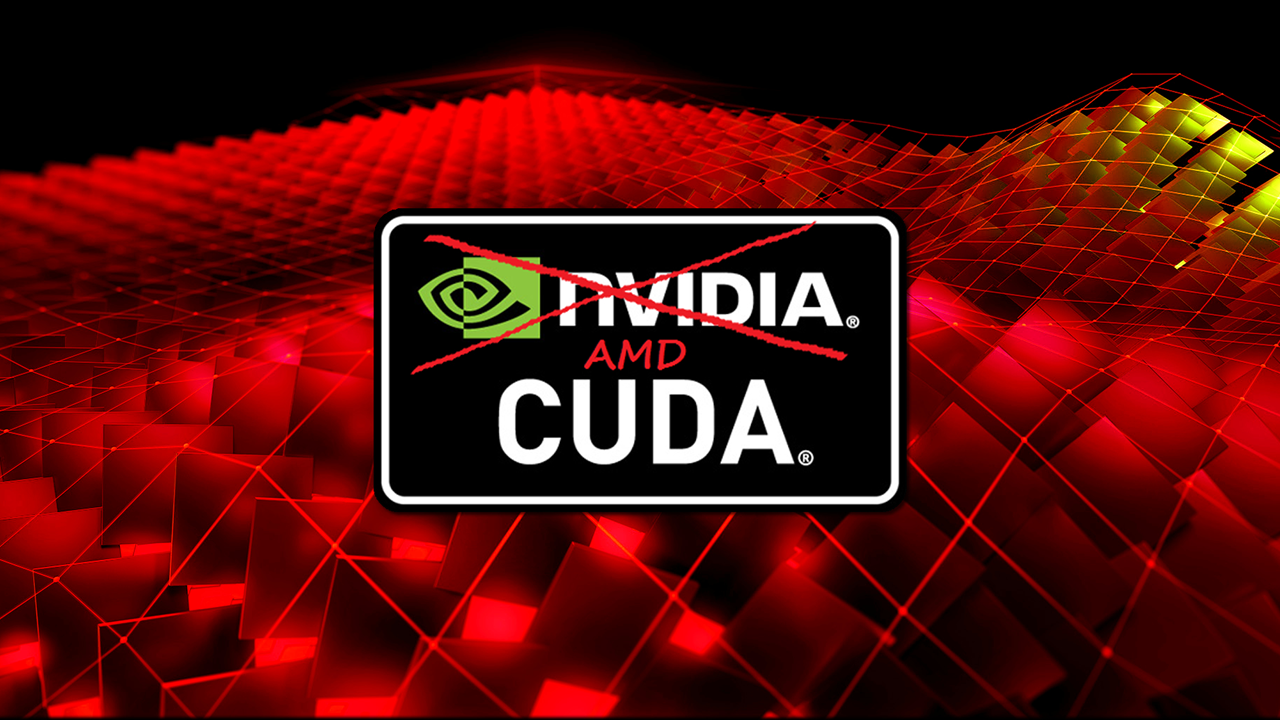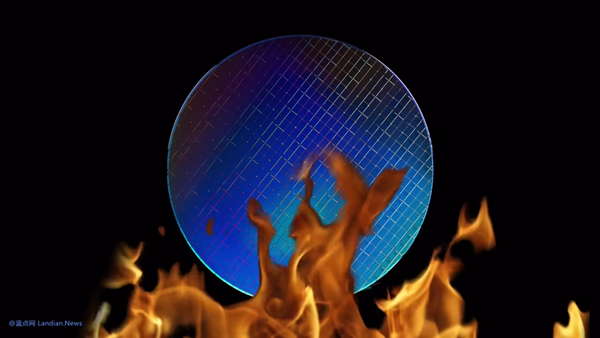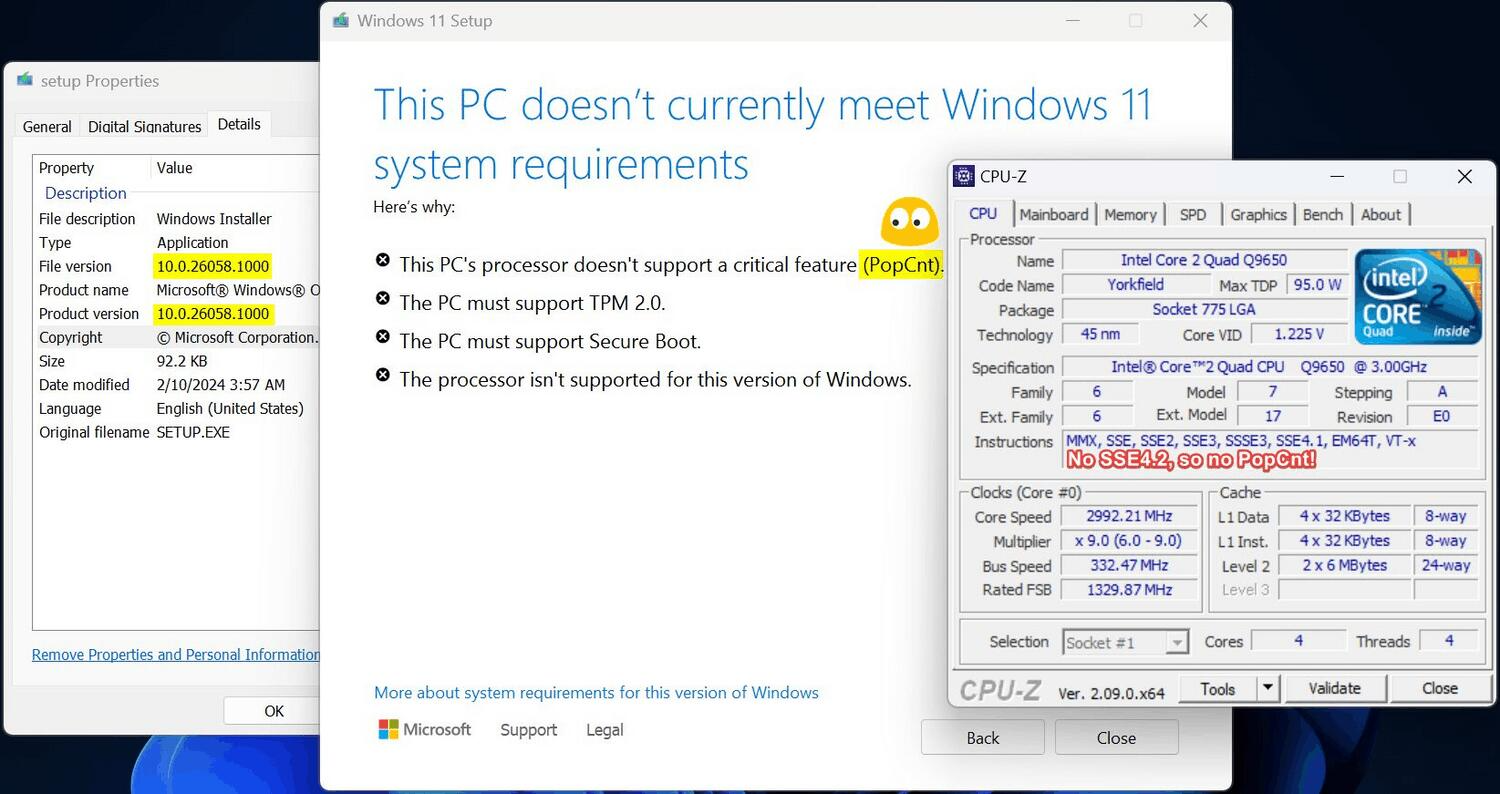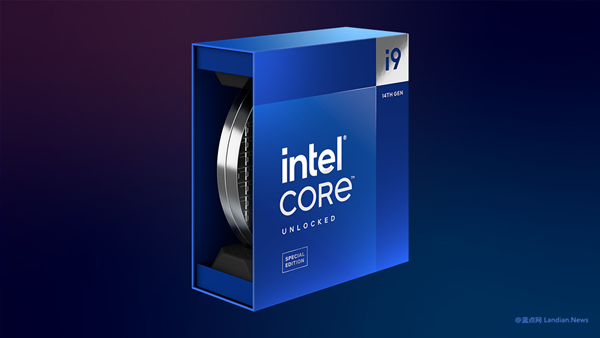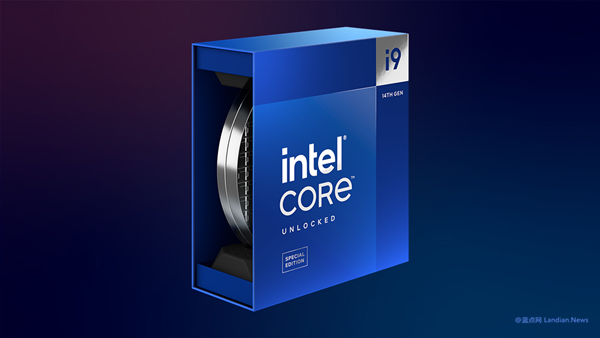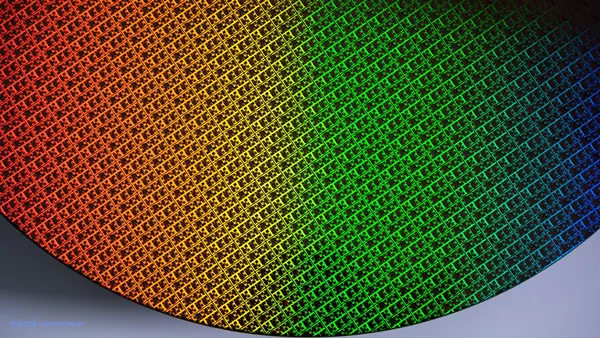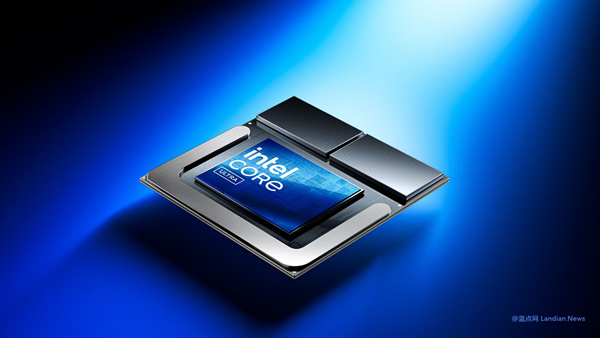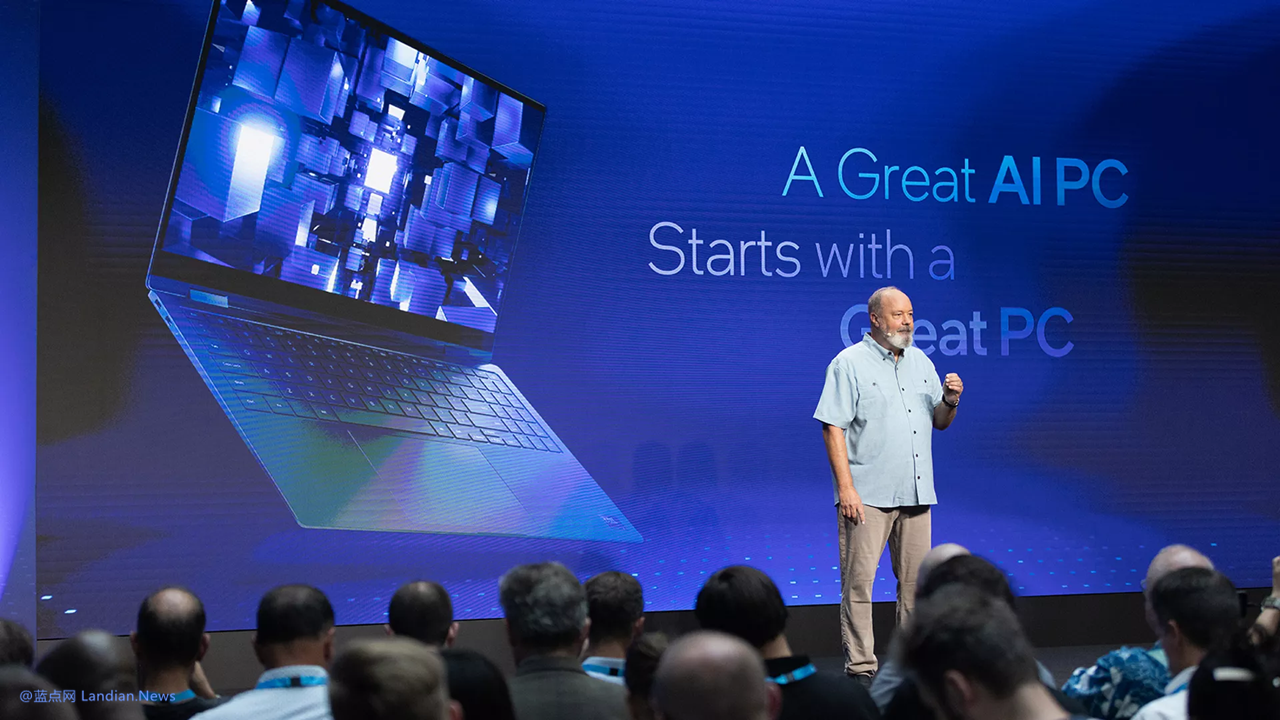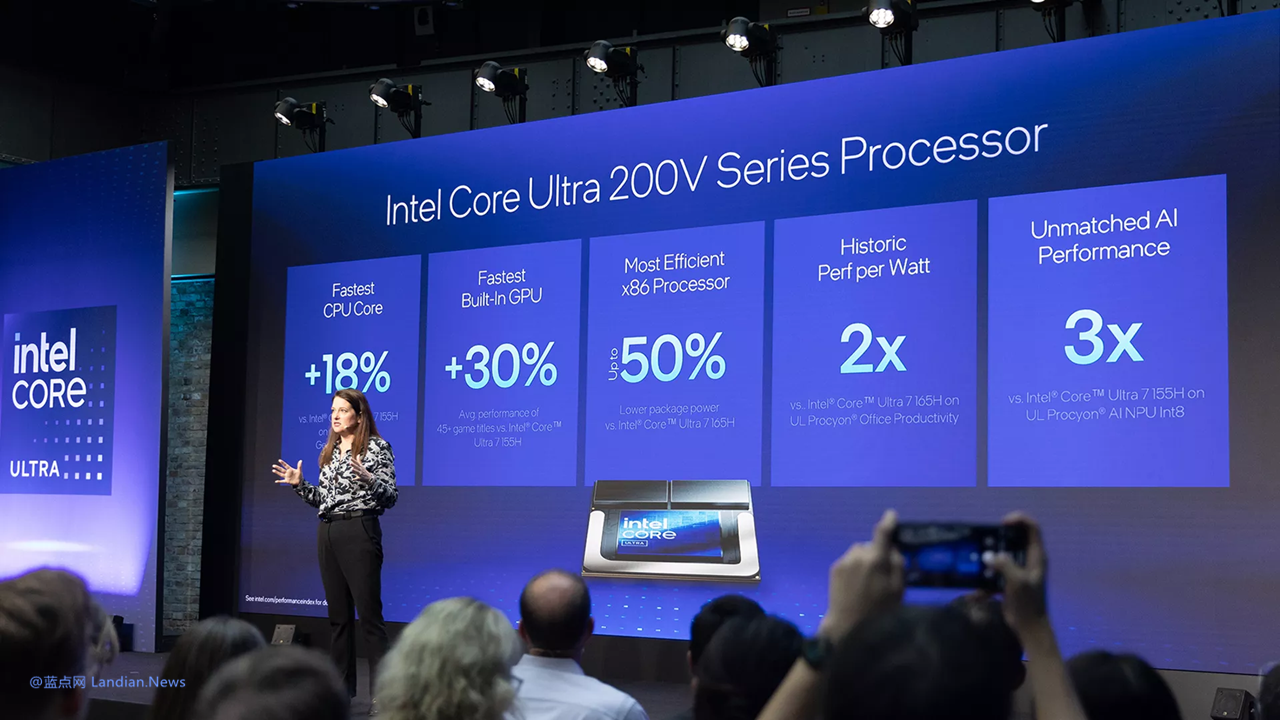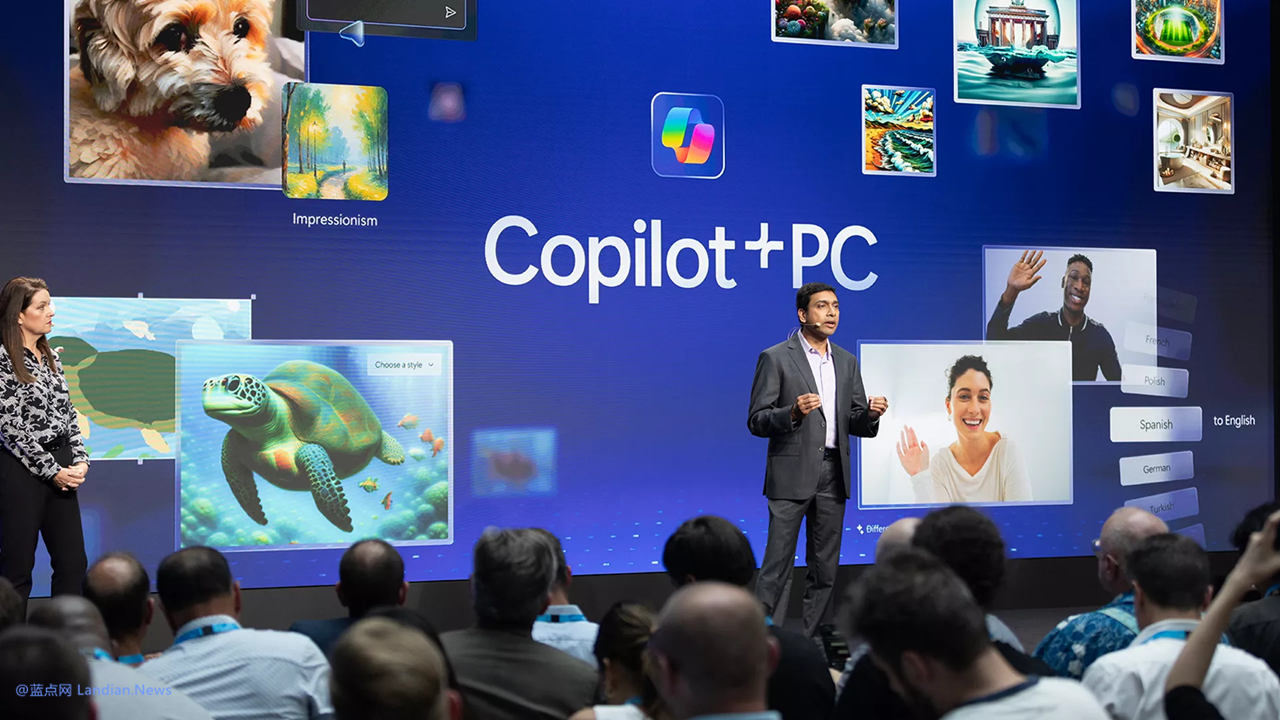AMD Unveils Its Flagship Ryzen 9800X3D Processor, Surpassing Intel's 285K by 20% in Overall Performance
AMD has officially launched its flagship processor, the AMD Ryzen 9800X3D, this week. This processor boasts an enhanced L3 cache size through the use of 3D V-Cache technology, bringing the L3 cache to a whopping 96MB and total cache capacity to 104MB.
Targeted at gamers and high-performance users, the X3D series processors are priced higher but offer superior performance. The 9800X3D, priced at $479, features an 8-core 16-thread configuration, with a base clock speed of 4.7GHz and a max boost clock of 5.2GHz.
To give users a clearer understanding of this flagship processor's capabilities, AMD has released a comparison with the Intel Core Ultra 9 285K and AMD Ryzen 7800X3D. The 9800X3D outperforms the Intel 285K by 20% in overall performance and its predecessor, the 7800X3D, by 8%.
The gaming performance benefits from a 64MB cache located beneath the processor, bringing the Core Complex Die (CCD) closer to the cooling solution. This allows the ZEN 5 cores to maintain lower temperatures and deliver higher frequencies.
Gamers are likely more concerned with the actual frame rates during gameplay. While the 9800X3D does not show a significant improvement in peak frame rates, it significantly boosts minimum frame rates, particularly in comparison with the Intel Core i9-14900K.
For instance, in "The Last of Us Part I," the 9800X3D demonstrates similar average frame rates to the Intel Core i9-14900K but exceeds in minimum frame rates by 31%, providing a smoother and less stuttering gaming experience.
AMD also noted that this new processor has been benchmarked on Windows 11 Pro against other CPUs, using an NVIDIA RTX 4090 as the graphics card. This is essentially to mitigate any performance issues caused by Windows 11.
Gamers are aware that Microsoft enables Virtualization-Based Security (VBS) in Windows 11 for enhanced security by running processes in isolated containers. While this significantly increases security, it can reduce performance.
Even with VBS enabled on the latest Windows 11 24H2, AMD's test results are expected to reflect real-world usage, ensuring gamers experience the performance as demonstrated in the tests.
Note: This article is a press release from AMD's investor relations page and is therefore promotional. AMD has not provided detailed test charts or empirical data.

